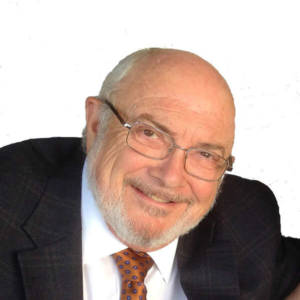FridayFilosophy v.01.21.2022
Friday Filosophy v.01.21.2022
Herodotus: c. 484 – c. 425 bc was an Ancient Greek historian. He was born in Halicarnassus, a town in south-west Asia Minor (now Bodrum, Turkey)
Herodotus was called the “Father of History” by Cicero. He wrote about the ancient empires of Babylon, Egypt, and Persia, and about the Ancient Greeks.
During his life, Herodotus probably told his stories in front of large numbers of people in Greek cities. Some men at the time did this for pay. He is now most famous for his writings about the wars between the Persian Empire and the Greek city-states. He told the story from the Greek side, although the war was mostly finished when he was still a child.
In his books, Herodotus tells us that he travelled a lot. He says that he went to what is now Italy (including Sicily), Ukraine, Egypt and Pakistan. He may also have travelled to Babylon in today’s Iraq. He often used stories from people he met to write about other places and happenings.
Some people think that Herodotus wrote about things that were not true. That is possible, because he would have relied on information from various sources. His work is important because there is very little writing on these subjects before his works.
The works of Herodotus are available today in translations.
- The only good is knowledge, and the only evil is ignorance.
- In peace, sons bury their fathers. In war, fathers bury their sons.
- Of all possessions a friend is the most precious.
- Circumstances rule men; men do not rule circumstances.
- Great deeds are usually wrought at great risks.
- Of all men’s miseries the bitterest is this: to know so much and to have control over nothing.
- Death is a delightful hiding place for weary men.
- Some men give up their designs when they have almost reached the goal; While others, on the contrary, obtain a victory by exerting, at the last moment, more vigorous efforts than ever before.
- Of all men’s miseries the bitterest is this: to know so much and to have control over nothing.
- He is the best man who, when making his plans, fears and reflects on everything that can happen to him, but in the moment of action is bold.
- To think well and to consent to obey someone giving good advice are the same thing.
- There is nothing more foolish, nothing more given to outrage than a useless mob.
- It is clear that not in one thing alone, but in many ways equality and freedom of speech are a good thing.
- Civil strife is as much a greater evil than a concerted war effort as war itself is worse than peace.
The Time is Now.
Did you enjoy this blog? Read more great blog posts here.
For our course lists, please click here.

